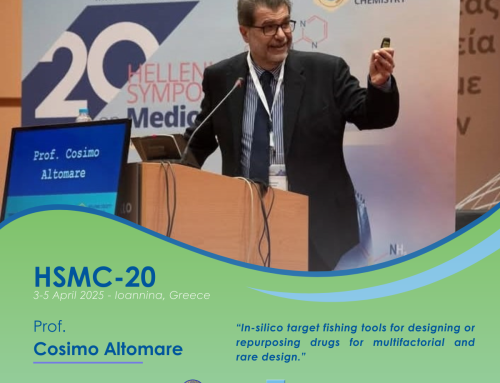A pneumonia of unknown cause detected in Wuhan, China was first reported to the World Health Organisation Country Office in China on 31 December 2019. After just three months WHO characterised COVID-19 as pandemic, currently affecting 157 countries and territories around the world. Besides the impact on international financial market and individual social life, COVID-19 emergency is affecting also the field of clinical research and drug development process.
Challenges may arise, for example, from quarantines, site closures, travel limitations, interruptions to the supply chain for the investigational product, or other considerations if site personnel or trial subjects become infected with SARS-CoV-2, the virus that causes COVID-19. These challenges may lead to difficulties in conducting the clinical trials and get worse the already challenging conditions of paediatric clinical trials often affected by issues such as lack of patient recruitment and retention. For this reason, on 18 March 2020 FDA released a guidance for industry, investigators and institutional review boards conducting clinical trials during the COVID-19 pandemic.
FDA outlines considerations to assist sponsors in assuring the safety of trial participants, maintaining compliance with good clinical practice and minimizing risks to trial integrity. Considerations recommended include, among others, sponsors evaluating alternative methods for assessments, like phone contacts or virtual visits and offering additional safety monitoring for those trial participants who may no longer have access to investigational product or the investigational site. From the European front, EMA and its partners in the European medicines regulatory network are closely monitoring the potential impact of the outbreak of the novel coronavirus disease (COVID-19) for example on pharmaceutical supply chains into the European Union (EU). By the way, no reports of current shortages or supply disruptions of medicines marketed in the EU due to this outbreak have been received at this point. Moreover, EU authorities have published the Guidance to sponsors on how to manage clinical trials during the COVID-19 pandemic. The guidance provides concrete information on changes and protocol deviations which may be needed in the conduct of clinical trials to deal with extraordinary situations, e.g. if trial participants need to be in self-isolation or quarantine, access to public places (including hospitals) is limited due to the risk of spreading infections, and healthcare professionals are being reallocated.
Finally, it should be mentioned that EMA supports the development and approval of vaccines and treatments for novel coronavirus, together with other regulators in the European Union (EU) and worldwide. For this reason, The EMA’s Human Medicines Committee (CHMP) has published a statement urging the EU research community to prioritise large randomised controlled studies because they are most likely to generate the conclusive evidence needed to enable rapid development and approval of potential treatments of CIVID-19. The statement promotes a harmonised approach to data collection and a robust methodology for COVID-19 clinical trials across the EU to make best use of the available supply of investigational agents.
Finally, ENCePP and EMA strongly encourage all researchers to register their pharmacoepidemiological studies related to the Covid-19 pandemic in the EU PAS Register available on the ENCePP website through the following link: http://www.encepp.eu/encepp/studiesDatabase.jsp




